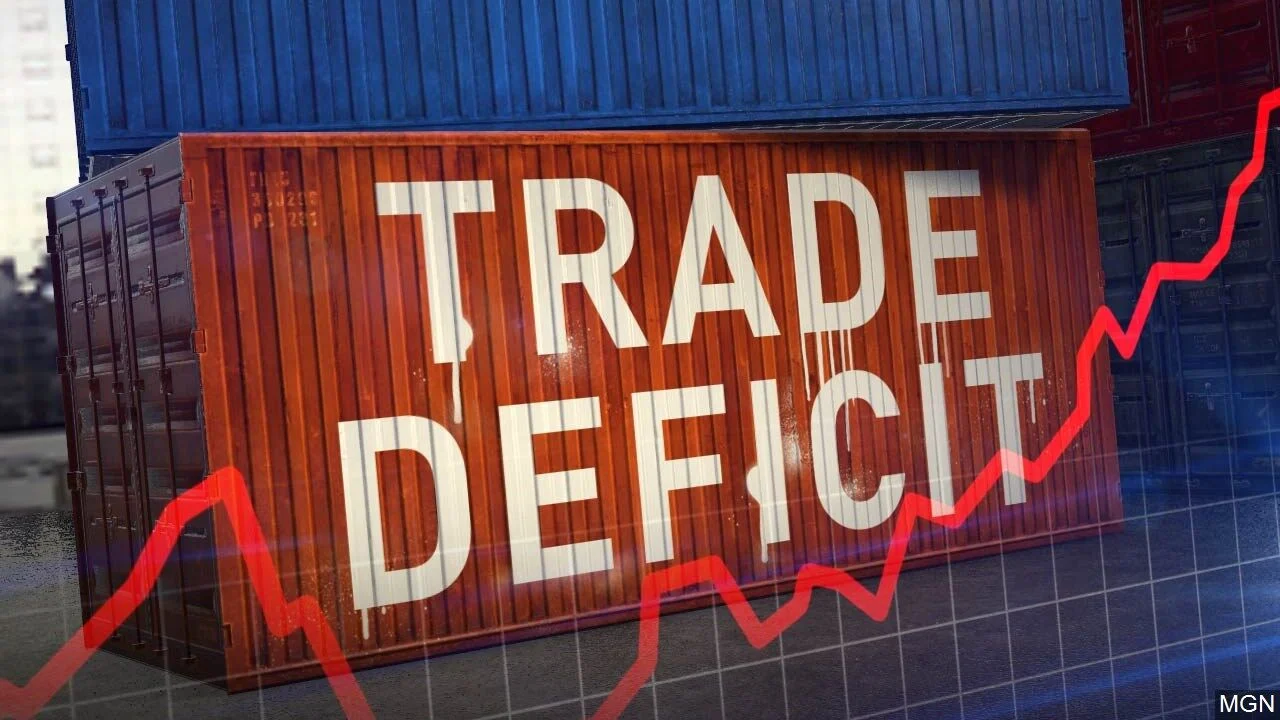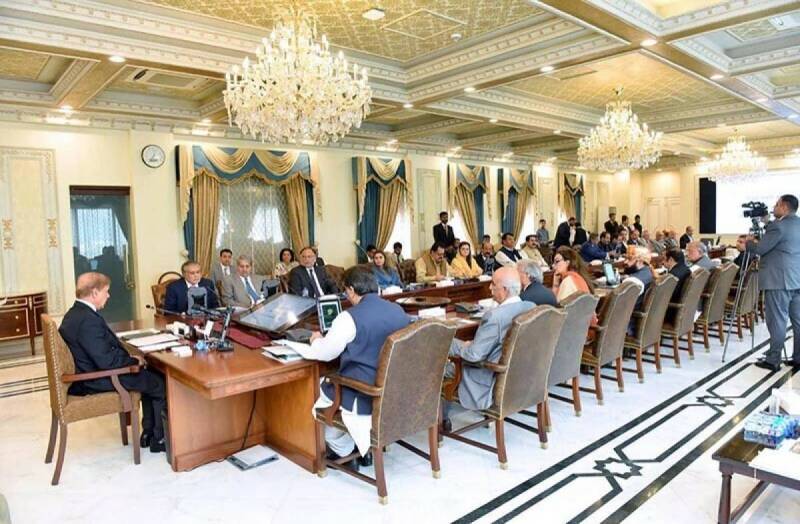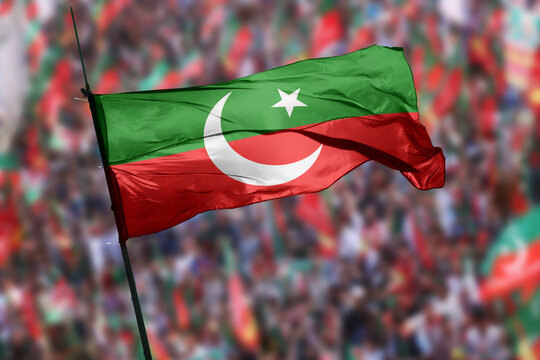By Mashood Khan (Director – Mehran Commercial Enterprises)
The economic history of Pakistan, particularly from 1960 to 2022, reveals a persistent trade deficit, with figures standing at US$ -0.22658 and -44.80 (Source: https://www.macrotrends.net). Our economy faces significant challenges as we continue to import essentials such as food, health products, industrial machinery, and raw materials. At times, we have even imported prime ministers.

Source: https://www.macrotrends.net/global-metrics/countries/PAK/pakistan/trade-balance-deficit
To understand the root causes of this persistent trade deficit, we must look at various factors. Historically, conflicts with neighboring countries and involvement in global wars have diverted resources away from economic development. We have received aid and funds aimed at economic revival and military support. Despite this, our economy struggles due to the absence of a cohesive industrial policy. A major reason for this policy gap is the lack of a genuine political process, with political parties often influenced by hidden forces rather than representing the people’s interests. This undermines their maturity and sincerity towards national development.
The trust deficit is another critical issue. Our dark history of economic missteps includes nationalization, freezing of dollar accounts, fluctuating tax rates, and inconsistent policies. For instance, the initial promotion of CNG for transportation was reversed a decade later due to gas shortages. Similarly, solar policy incentives were retracted shortly after being announced. Our planning departments fail to adopt a long-term vision, neglecting to plan for at least 24 years ahead when we will celebrate our 100th anniversary as a nation.
The burden on taxpayers exacerbates the trust deficit. Rather than fostering a supportive environment, taxpayers are often harassed to extract more revenue. Despite past lessons, we continue to repeat the same mistakes. International donors and institutions urge us to expand the tax net to ensure loan repayments, but our borrowing history shows a pattern of recurring financial. crises. We have engaged in this process 23 times, each cycle deepening our economic woes rather than alleviating them.
Conclusion:
Addressing the trade deficit requires a long-term roadmap of at least 24 years, with a focus on industrialization policies. Policy should be designed for longer period assuming the investors, sustainability and continuity without any impact from the change of the Government. Policy should not change, in any case, with the change of the Government.
To achieve this, we need to invite those outside the tax net to invest in industry, emphasizing the development of local raw materials. The government should focus on the 3Is: Inflation, Interest, and Income, as these are key factors that can build our economy and ensure debt repayment.
Building trust between the government and industrialists is crucial. Policies should be sector-specific, targeting revenue generation and industry growth, and aligning tax collection goals with industrial expansion. The Federal Board of Revenue (FBR) should respect entrepreneurs and facilitate them, prioritizing productivity and export growth over frequent inspections and harassment.
To overcome these deficits, we need a fundamental shift in policy and governance. Trust must be rebuilt through consistent and forward-looking economic strategies. By prioritizing national interests and sustainable development, Pakistan can transform its economy and secure a prosperous future.




